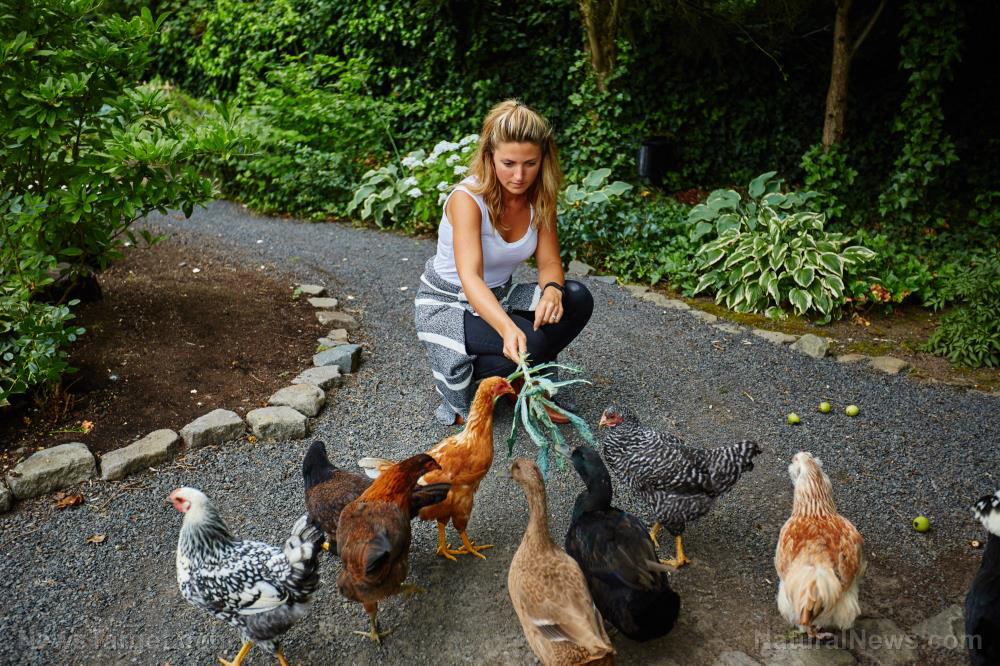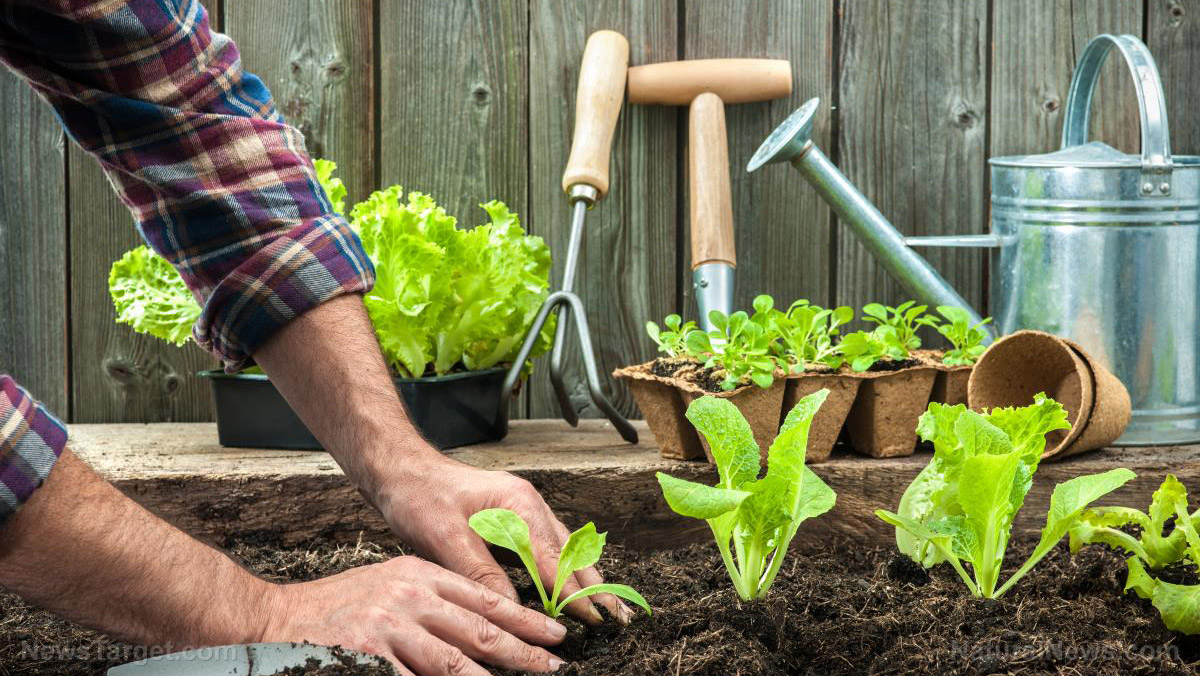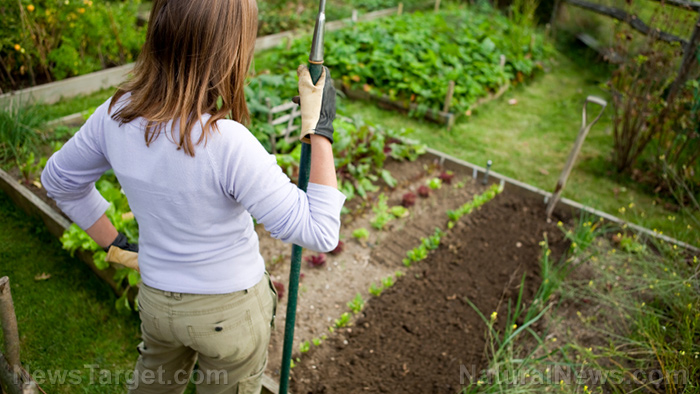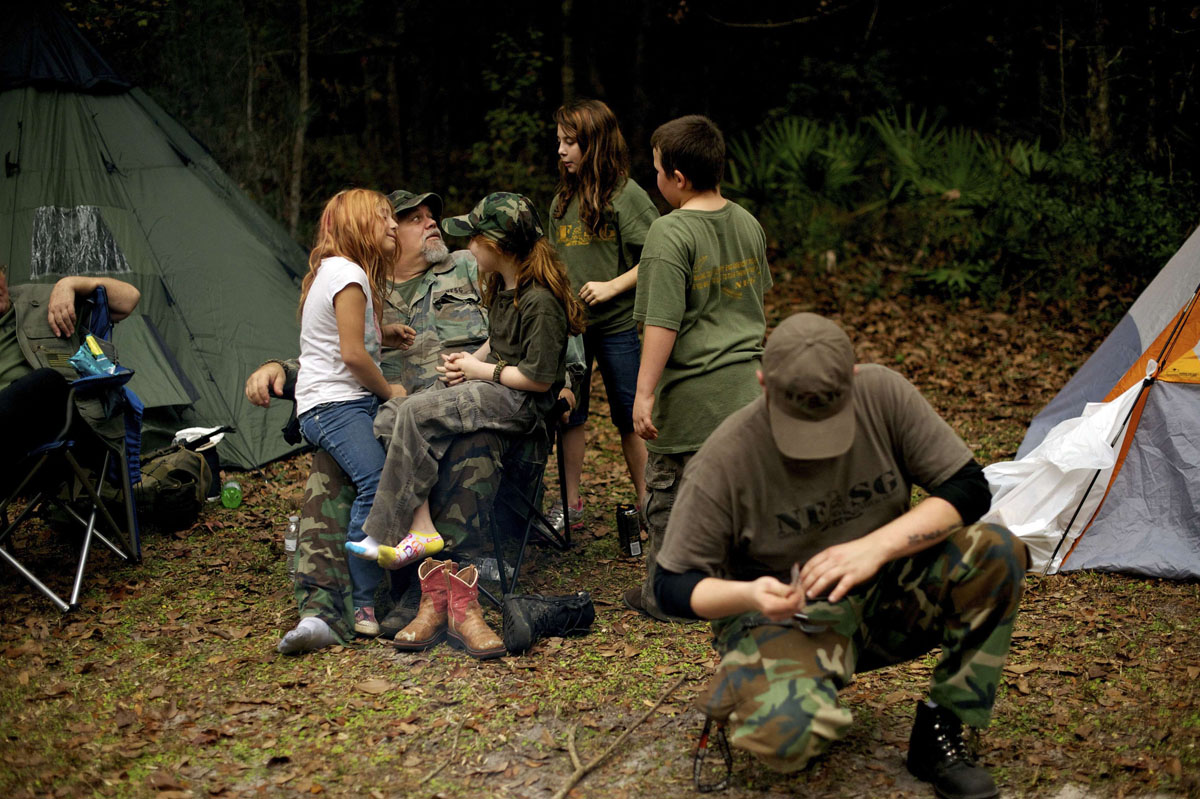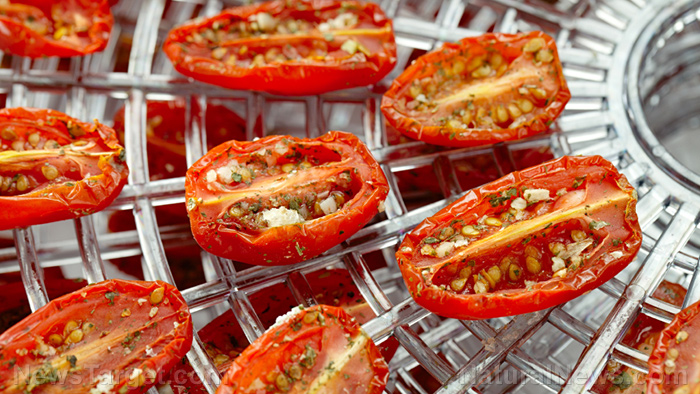Advanced prepper tips to take your prepping to the next level
04/26/2020 / By Arsenio Toledo

An “advanced prepper” is somebody with exceptional experience in survival skills and has an extensive supply of food, water and survival gear. These kinds of preppers are different from beginner or even intermediate preppers because they could handle disasters that last several months long. To be able to survive a disaster of that magnitude and length, advanced preppers need to know how to do a variety of things that keep them alive. Here are some of the skills that you will need to be an advanced prepper. (h/t to TheSimplePrepper.com)
Hunting, trapping and fishing skills
If you’re living in an area with little, if any, edible vegetation around, you must become adept at hunting, trapping and fishing. The animals that you capture will supplement your food supplies, especially in a post-SHTF world. It can also extend the supplies that you already have.
Winter camping skills
Winters can be brutal times, especially if you don’t have the sufficient know-how to get through them. If you’re living in an area that experiences heavy snowfall during the winter, having the skills to camp during winter can be critical, especially if you have to go through a disaster during the winter months and you’re forced to leave the safety of your home.
Foraging and scavenging skills
During long-term disaster situations, even the food supplies of the best prepper will eventually run low. If you’re living in a rural area, take some time to learn and identify what edible wild plants grow in your locale. While many of these foods won’t make you full, it can supplement your diet so you can use up less of your stockpile. You should also learn how to scavenge for items other than food, such as fuel and medicine.
Wilderness first aid skills
Even basic first aid knowledge can save somebody’s life. However, an advanced prepper should have enough training that they can qualify to be a wilderness first responder. Wilderness first aid is a lot more difficult than regular first aid, due to the environment, the resources at your disposal and the length of time it can take for an injured person to reach professional medical help. If you have to deal with a medical emergency during a disaster, you might be the only person who can look after yourself and your family, so investing time in learning proper first aid is necessary. (Related: Survival first aid tips: Do you know how to apply a tourniquet?)
Outdoor navigation skills
While you’re surviving your disaster situation, you may need to leave your home, either to bug out or to hunt and forage. An advanced prepper will have the skill set to navigate outdoors, either with a GPS, a compass or a map. Learning how to make your way through the wilderness can mean the difference between finding your way safely back home and getting lost in the woods for days.
Signaling skills
If, for some reason, your outdoor navigation skills do fail you, figuring out how to call for help without the aid of phones or any kind of communication device is an invaluable skill to master. If you already have several signal flares, you can learn to make them work even better by supplementing them with a fire or some smoke additives.
Self-defense skills
When SHTF, people will become desperate and may resort to violence to get what they need. Thus, as an advanced prepper, you should have a solid base of self defense skills that you can turn to if you have to face off with an attacker. If you don’t already have one, consider buying a self-defense firearm, such as a .22 caliber handgun or a 9mm pistol.
The process of becoming an advanced prepper takes a lot of time and planning. Don’t treat yourself too harshly if, for example, you aren’t as well-versed in hunting or in foraging, because mastering these skills takes a lot of practice. Keep working hard, and one day you will definitely be able to call yourself an advanced prepper.
Sources include:
Tagged Under: advanced prepping, bug out, first aid, fishing, foraging, hunting, navigation, preparedness, prepping, scavenging, self-defense, signaling, survival, survivalist, trapping, wilderness survival, winter camping
RECENT NEWS & ARTICLES
Homesteading.News is a fact-based public education website published by Homesteading News Features, LLC.
All content copyright © 2018 by Homesteading News Features, LLC.
Contact Us with Tips or Corrections
All trademarks, registered trademarks and servicemarks mentioned on this site are the property of their respective owners.



